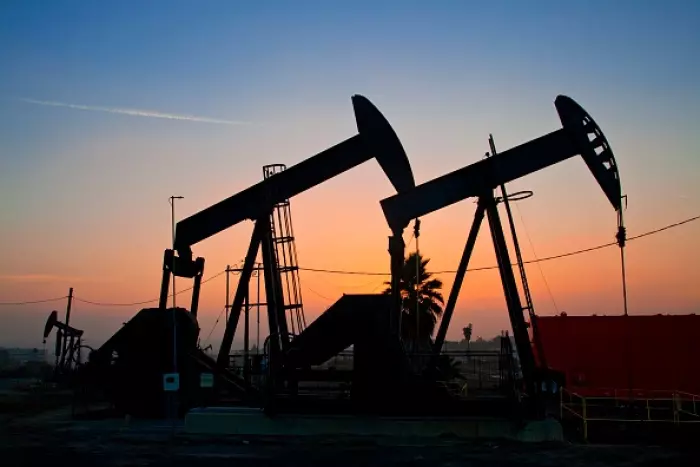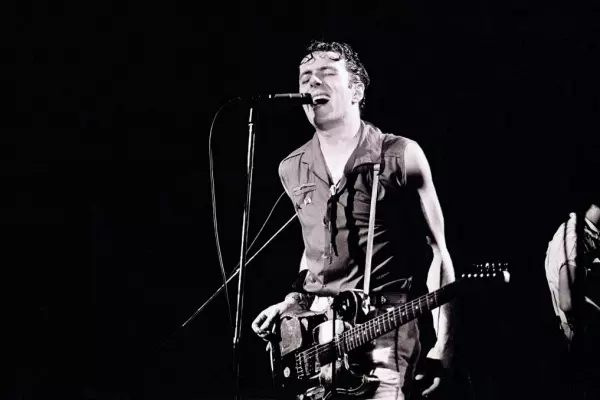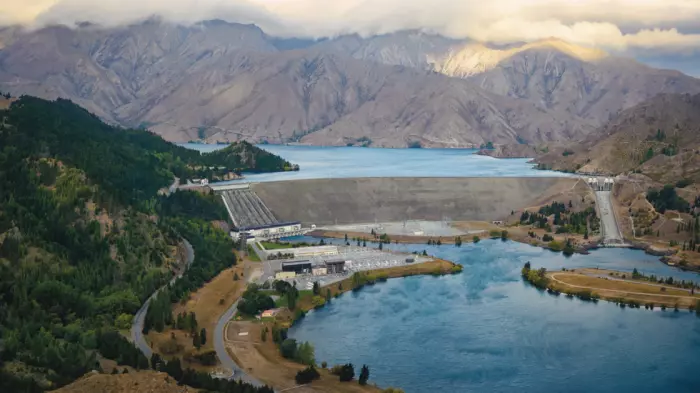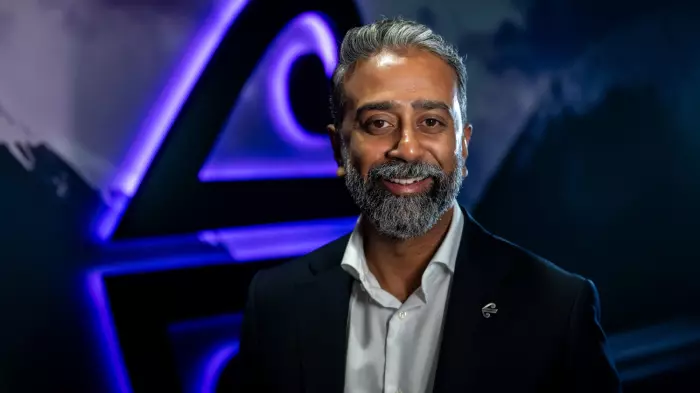Gas and oil move Germany announced overnight it would not approve the opening of the already-built Nord Stream 2 gas pipeline between Russia and Germany after Russia sent troops into Eastern Ukraine yesterday. Germany gets about 60% of its gas from Russia, but that currently goes through Ukraine. Nord Stream 2 is owned by Russia’s Gazprom and has been blamed for reducing Russia’s reliance on Ukraine because it goes under the Baltic Sea, and is seen as increasing Ukraine’s vulnerability to Russian bullying.
"It will cost you" Former Russian President, current chairman of the Security Council of Russia and Putin-protégé, Dmitry Medvedev, tweeted in response to the Nord Stream 2 news: “Welcome to the brave new world where Europeans are very soon going to pay €2000 (NZ$3,364) for 1000 cubic metres of natural gas!.” European gas futures rose as much as 11% in early trade, although industry experts have said Europe has enough supplies to get through the rest of the winter and has been arranging LNG shipments to substitute for some Russian gas. Prices have already quintupled in the last year as Gazprom throttled exports and as more gas was needed to offset the closure of coal-fired power plants and nuclear plants in Germany.
US$99 per barrel Brent crude rose as high as US$99/barrel (NZ$147) in overnight trade and is currently up 2.3% at US$97.23/barrel. Russia is the world’s third-largest oil producer and supplies 2.7 million barrels a day to Europe, including through the Druzhba pipeline that runs from the Urals and crosses Ukraine to Slovakia, Hungary and the Czech Republic. However, the rise in gas and oil prices was contained because initial sanctions didn’t include cutting off Russian banks or any sort of block on Russian oil exports.
Limited response Russia’s decision to send troops into Eastern Ukraine met condemnation from US and European politicians, but few immediate responses that would disrupt global trade or financial systems. The US initially imposed sanctions only on trade and investment with the two break-away regions invaded by Russian troops, but not all of Russia. UK sanctions on five Russian banks and three oligarchs were described as “tepid” and a “peashooter” response. The European Union issued financial sanctions against the 351 members of Russia’s Parliament and 27 other individuals linked to Russian efforts to destabilise Ukraine. Meanwhile, US President Joe Biden is expected to impose further sanctions during a televised address later this morning.
British bet on TAB? The Australian reported this morning that London-listed sports betting and gambling firm Entain has started talks with the Government about buying the commercial rights to the NZ Racing Board’s TAB for up to NZ$1.5b. Citing unnamed sources, The Australian reported Australia’s Tabcorp was also in the running.
Fresh on BusinessDesk this morning
Henry Burrell reports Catalyst’s Don Christie as saying the government’s digital technologies industry transformation plan is a ‘plan without a plan’.
Jenny Ruth reports on how the CCCFA is slowing down loan approvals at Heartland.
David Chaplin writes his weekly column on the Fed’s feeding of fear and uncertainty in markets.
Ian Llewellyn reports on Methanex’s plea to electricity regulators to talk to it about how to deal with a dry year.
ends.






